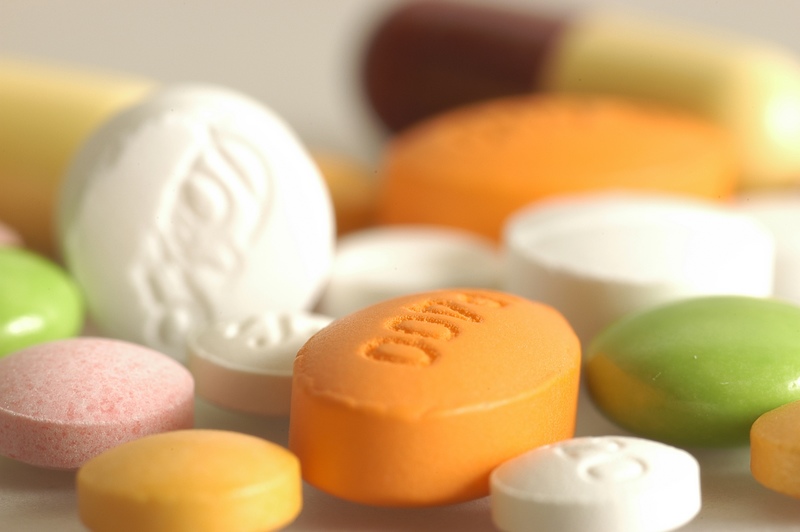
Here are some of the latest health and medical news developments, compiled by the editors of HealthDay:
Prices of Seniors’ Drugs Rise Nearly 26 Percent: Report
The cost of medicines used by many older Americans increased nearly 26 percent between 2005 and 2009, according to an AARP report.
The increase was nearly twice the rate of inflation, according to the analysis of the retail prices of 514 brand name and generic drugs most commonly used by Medicare recipients, The New York Times reported Tuesday.
While the prices of generic drugs fell nearly 31 percent during the study period, the prices of brand name drugs rose by nearly 41 percent, and the prices of specialty drugs increased by more than 48 percent, AARP said.
In comparison, the rate of inflation grew by just over 13 percent between 2005 and 2009, the Times reported.
Drug industry officials criticized the AARP study, and said the increased availability of generic drugs has slowed the increase in drug prices in recent years, the newspaper reported.
—–
FDA Sends Warning Letter to Inhalable Caffeine Maker
A warning letter has been sent to the maker of the inhalable caffeine product AeroShot, U.S. Food and Drug Administration officials said.
The letter raises questions about the safety of the product and concerns about how children and teens may use it, the Associated Press reported.
AeroShot, which went on sale in January in Massachusetts and New York, comes in a plastic canister. Consumers put one end of the canister in their mouths and inhale a fine powder that dissolves.
In the letter, the FDA said the Massachusetts company that makes AeroShot misled consumers by claiming that the powder can be both inhaled and ingested, which is not possible, the AP reported.
The FDA is also concerned that people may try to inhale the product into their lungs, which may not be safe, and noted that the company issued differing statements on the appropriate age for using AeroShot.
—–
Group Wants FDA to Ban Caramel Coloring in Sodas
The use of caramel coloring in popular soda drinks such as Coke and Pepsi should be banned due to a possible cancer risk, the consumer advocacy group Center for Science in the Public Interest says in a letter to the U.S. Food and Drug Administration.
In the letter, CSPI says lab tests found that the average level of 4-methylimidazole (4-MI) in 12-ounce servings of regular and diet Coke, Pepsi, Dr. Pepper and Whole Foods 365 cola was 138 micrograms, far above the 29 microgram limit recommended by the state of California, the Los Angeles Times reported.
The average level of 4-MI indicated a lifetime cancer risk of five out of 100,000 people, according to the letter. That risk may be higher if people who don’t drink sodas aren’t included in the calculation.
CSPI says 4-MI — which is formed when sugar is mixed with ammonia and sulfites to create the caramel coloring that gives colas their familiar brown color — has been shown to cause lung, liver and thyroid cancer in mice and rats, the Times reported.
The American Beverage Association said the CSPI letter is a “scare tactic,” and noted that regulatory agencies worldwide “consider caramel coloring safe for use in foods and beverages.”

